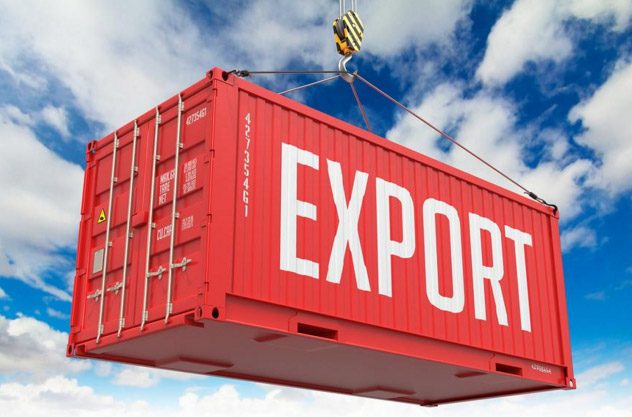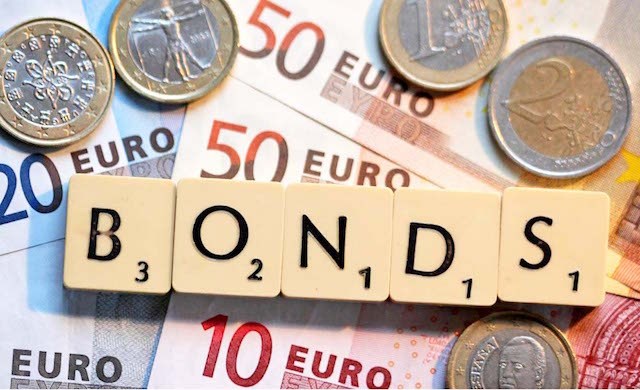According to the Nigerian Export Promotion Council (NEPC), Nigeria’s non-oil export business grew significantly in the first half of 2024, generating $2.7 billion in income. Nonye Ayeni, Executive Director of NEPC, made the statement while giving a progress report on Nigeria’s non-oil export performance in Abuja on Wednesday.
Ayeni stated that the result represented a 6.26 percent rise over the 2.539 billion dollars earned during the same time in 2023. According to her, the huge increase in export revenue reflects the country’s continued efforts to diversify its economy away from oil dependence.
Ayeni credited the development to numerous critical factors, including the seamless change of government in May 2023 and policy progress under President Bola Tinubu’s Renewed Hope Agenda. She also credited the NEPC’s “Operation Double Your Exports” initiative, which focused on partnerships, advocacy, capacity building, and export intervention programs.
“In just six months, we have seen tangible results from our concerted efforts to expand Nigeria’s non-oil export base.
“The increase in both the volume and value of exported products is a testament to the effectiveness of these policies and initiatives,” she said.
Regarding product diversity and market penetration, the NEPC CEO disclosed that Nigeria exported 211 distinct products during this time period. She stated that this demonstrated a trend away from conventional agricultural commodities and toward semi-processed and manufactured items.
According to her, cocoa beans led the charge, accounting for 23.18 percent of total non-oil exports, followed by urea/fertilizer and sesame seeds at 13.78 and 11.04 percent, respectively. She noted that novel export products, such as fresh vegetables, citrus peel, and sorghum, are gaining popularity in the worldwide market.
“These emerging products, though still developing in market share, reflect the diversification and broadening of Nigeria’s export portfolio,” she said.
On top exporting companies and financial institutions, the NEPC boss said that among the top 20 exporting companies, Indorama-Eleme Fertiliser and Chemical Limited led with 198.8 million dollars in exports. She said that Starlink Global and Ideal Limited followed closely with 184.7 million dollars, while Outspan Nigeria Limited exported 177.75 million dollars worth of cocoa.
“Other notable contributors included Dangote Fertiliser Limited and Metal Recycling Industries Limited.
“In terms of financial support, Zenith Bank Plc dominated the non-oil export transactions, handling 43.09 per cent of the total Non-Oil Export Proceeds (NXPs).
“It was followed by First Bank Nigeria Plc and Fidelity Bank, which accounted for 6.56 per cent and 6.38 cent,” she said.
She urged more financial institutions to leverage the opportunities in the non-oil export sector, particularly in light of the African Continental Free Trade Area (AfCFTA).
According to her, this is to enhance exporters’ capacity and access to international markets. She said that Nigeria’s non-oil products were being exported to 122 countries across Africa, the Americas, Asia, Europe, and Oceania. “The top three importing countries are the Netherlands, Malaysia, and Brazil.
“Interestingly, Ghana is the only African country to make it into the top 15 global importers of Nigerian products, occupying the 14th position.
“Within the African continent, 14 ECOWAS member countries imported Nigerian products worth 156.117 million dollars, amounting to 5.79 per cent of the total export value.
“The majority of these exports, 95.08 per cent, were routed through Nigeria’s seaports, with the remainder distributed via international airports and land borders,” she said. She expressed the council’s commitment to working with critical stakeholders to stimulate export growth.
“I am optimistic that with the several export intervention programmes and projects, we have started and are ongoing.
“The sector is positioned to contribute immensely to the country’s Gross Domestic Product (GDP), increase the country’s foreign exchange earnings, and, thereby, ensure sustainable economic growth,” she said.
















